|
Here's more from professional narrator Ray Greenley on how to create an audio book.
The following article is an excerpt from a 26-page booklet in which Ray offers his experience and advice. At the bottom of the post there's information on how to access Audio-book production: A primer for indie authors from an audio-book producer.
In this post, he focuses on evaluating the quality of a professional voice artist, and offers advice on an alternative form of contract that shifts some of the risk.
‘I don’t know anything about audio books. How can I tell if a producer will do a good job on my book?’
That’s a tough question with few solid answers, but I can offer some tips. 1. Take some time to listen to some good, well-produced audio books. You are usually safe with most stuff from the larger publishing houses and big-name authors. Try to listen to not just the narration but also to how the narration SOUNDS. Then compare that to the auditions you’ve received. 2. How loud is the recording in the pauses between sentences? There shouldn’t be a lot of background noise, but neither should it sound like the recording drops off a cliff in between sentences. 3. Are there ANY extraneous sounds in the background, like a barking dog or a car driving by? Those sorts of sounds should NEVER be in the recording and I would consider them an instant red flag. 4. Can you hear a lot of ‘mouth noise’? Strange clicks, smacking lips, that sort of thing. This is a challenge for almost all narrators, and if you catch a little, it’s not a cause for major concern. But if you find yourself distracted by the sounds, be careful. See, the thing is that a Producer on ACX really does have to be more than just a narrator. They have to be a narrator, a director, an editor, and an engineer. There are a lot of skills involved and not everyone is equally good at all the facets of each job. This is why you need to listen to more than just the performance when evaluating auditions. Note that no one is perfect and you can get a good audio book from someone who has at least a base level of competency in some the various skills while excelling in a few others. Again, it’s up to you to determine if a producer is capable enough to do a good job with your book. Also, when evaluating any producer, be sure you look them up to see what other books they’ve done. Do they have a bunch of books already out there?
Note that some producers publish under a pseudonym, so if you can’t find anything on your own, ask. If they’re really brand new and have absolutely no history to go by, don’t be afraid to ask about what sort of training they have that can give you confidence that they’ll do the job. In short, do your homework on your potential producer, or you’ll only have yourself to blame if things don’t work out!
‘Is there some other option besides making a big up-front investment for a seasoned professional or rolling the dice on an unknown talent?’
Yes, there actually is another option. How astute of you to ask! So if you think about it, the bottom line for a Pay for Production contract is that the risk is entirely on the rights holder. You put up all the cash and hope the audio book sells enough to make that money back and more, while the producer gets paid and moves on to the next project. Meanwhile, the bottom line for a Royalty Share contract is that the risk is entirely on the producer. We do all the work involved in getting the audio book recorded and don’t see any return on our time until it starts selling, while the rights holder doesn’t have to put up a dime. The third option is a split between those two, known as either a ‘Hybrid’ or ‘Stipend’ contract (the name ‘Stipend’ comes from an incentive program offered by ACX; just be aware that that program is something different than what I’m describing here). A Hybrid contract is ostensibly a Royalty Share contract, but the rights holder offers a modest Pay for Production payment in addition to the Royalty Share. The producer gets enough up front to cover some of their production costs, while the rights holder can attract a higher tier of talent to their project. Exactly how much a producer will be willing to take for their payment as part of a Hybrid contract depends on the producer, but I’d venture that most would be happy with $100 PFH. That can still add up to a fair amount of money. However, at one half to one third of what you’d expect to pay an experienced pro, it’s much more affordable. The key is that you’re going to want to be able to at least cover the post-production costs for the producer. Remember when I talked about all the things a producer needs to be good at in order to do a good job on your book? Well, most producers would really rather focus on the narration side of things, so they look for editing and mastering professionals to handle that stuff for them. They end up as better narrators, and the post-production is higher quality because they’re working with people who dedicate themselves to that aspect of the production. It’s a win–win, but it does cost the producer money. Few producers will be willing to put up that cash on a Royalty Share project with uncertain prospects. It’s bad enough to produce a book and not make any money on it. It’s even worse to produce a book and LOSE money on it! One tricky part with the Hybrid contract is that it’s not officially supported by ACX. To do one, you’ll need to set up the contract in ACX as Royalty Share and then handle the additional payment on the side. Next time, we'll look at yet another alternative: doing it yourself! Until then, thanks for reading! Resources
Contact Ray Greenley Website | Facebook | Twitter
Audio-book production: A primer for indie authors from an audio-book producer
This 26-page primer includes over 5,000 words of guidance from Ray, a professional voice artist, on the following:
To get your free copy instantly, click on the book's image (no email required):
Louise Harnby is a line editor, copyeditor and proofreader who specializes in working with crime, mystery, suspense and thriller writers.
She is an Advanced Professional Member of the Chartered Institute of Editing and Proofreading (CIEP), a member of ACES, a Partner Member of The Alliance of Independent Authors (ALLi), and co-hosts The Editing Podcast.
0 Comments
Your comment will be posted after it is approved.
Leave a Reply. |
BLOG ALERTSIf you'd like me to email you when a new blog post is available, sign up for blog alerts!
TESTIMONIALSDare Rogers'Louise uses her expertise to hone a story until it's razor sharp, while still allowing the author’s voice to remain dominant.'Jeff Carson'I wholeheartedly recommend her services ... Just don’t hire her when I need her.'J B Turner'Sincere thanks for a beautiful and elegant piece of work. First class.'Ayshe Gemedzhy'What makes her stand out and shine is her ability to immerse herself in your story.'Salt Publishing'A million thanks – your mark-up is perfect, as always.'CATEGORIES
All
ARCHIVES
July 2024
|
|
|
|


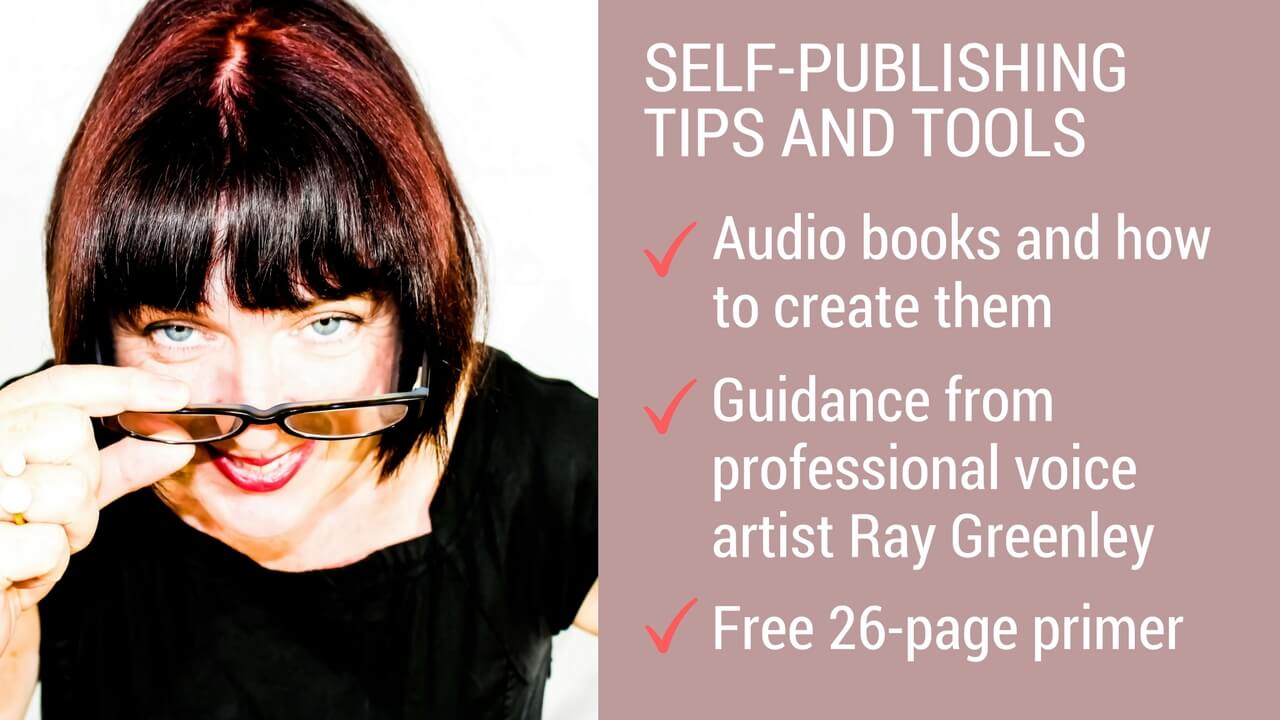

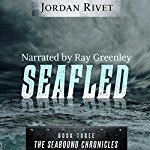
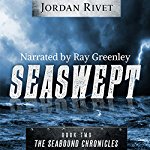
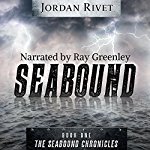
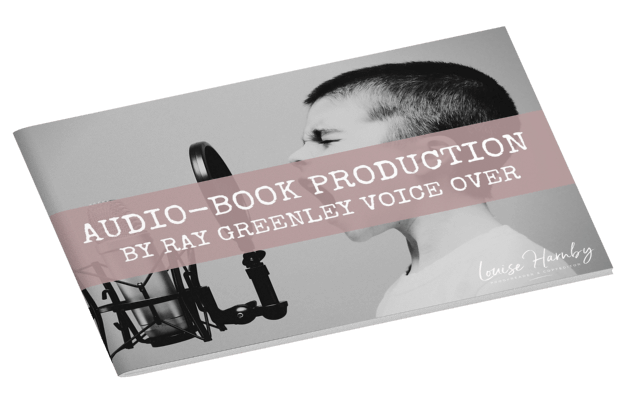













 RSS Feed
RSS Feed





